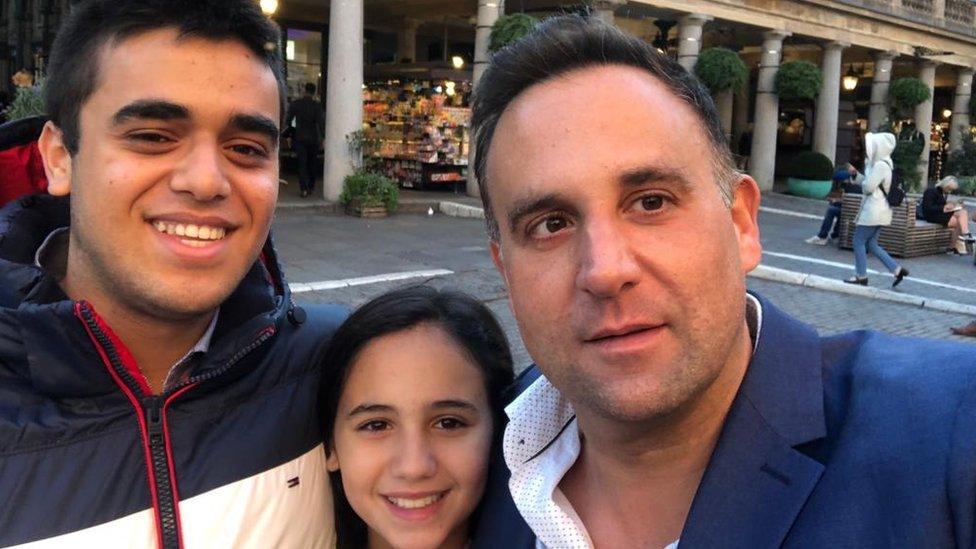Jewish Londoners suffer 'worst two months'
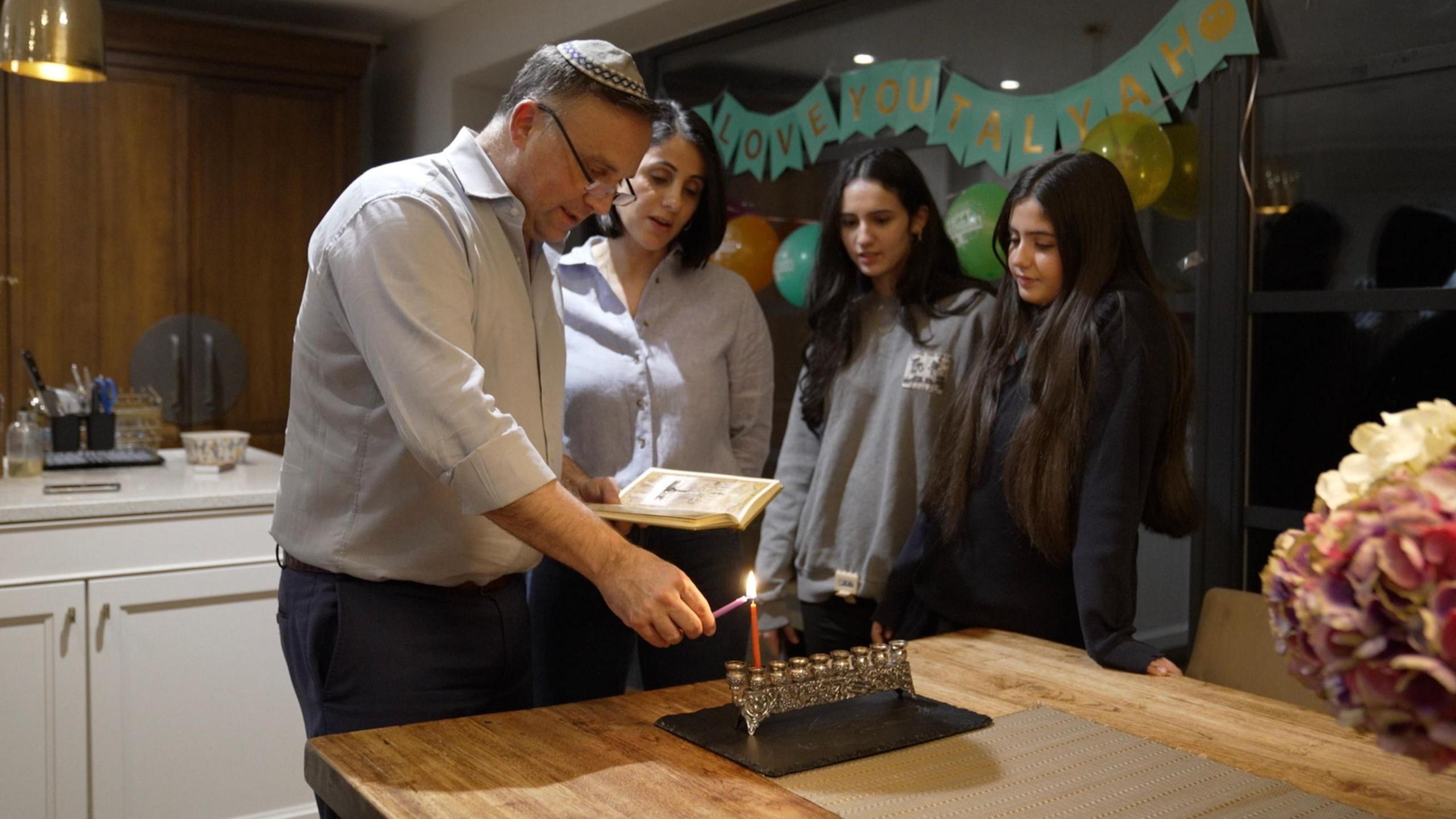
The Sorenes bring in the Jewish festival of Chanukah - or Hanukkah - after two months of worry over the Gaza conflict and antisemitism
- Published
Dr Elliot Sorene and his Israeli-born wife Merav are lighting candles at their north London home, bringing in the Jewish festival of Chanukah, having experienced what they call “the worst two months of their lives”.
For Dr Sorene, a consultant orthopaedic surgeon, the 7 October Hamas attacks were particularly personal as his son Ariel was caught up in the Supernova massacre, where 365 attendees were killed, hundreds wounded and 40 kidnapped at a rave.
Ariel - who has dual British-Israeli citizenship - heard rockets while at the trance party in southern Israel - before seeing militants shoot indiscriminately at the partygoers.
Dr Sorene said: “It was horrific. My son nearly died. He was shot at and ran to safety. Some of his friends didn’t make it. I’m so thankful he’s alive.”
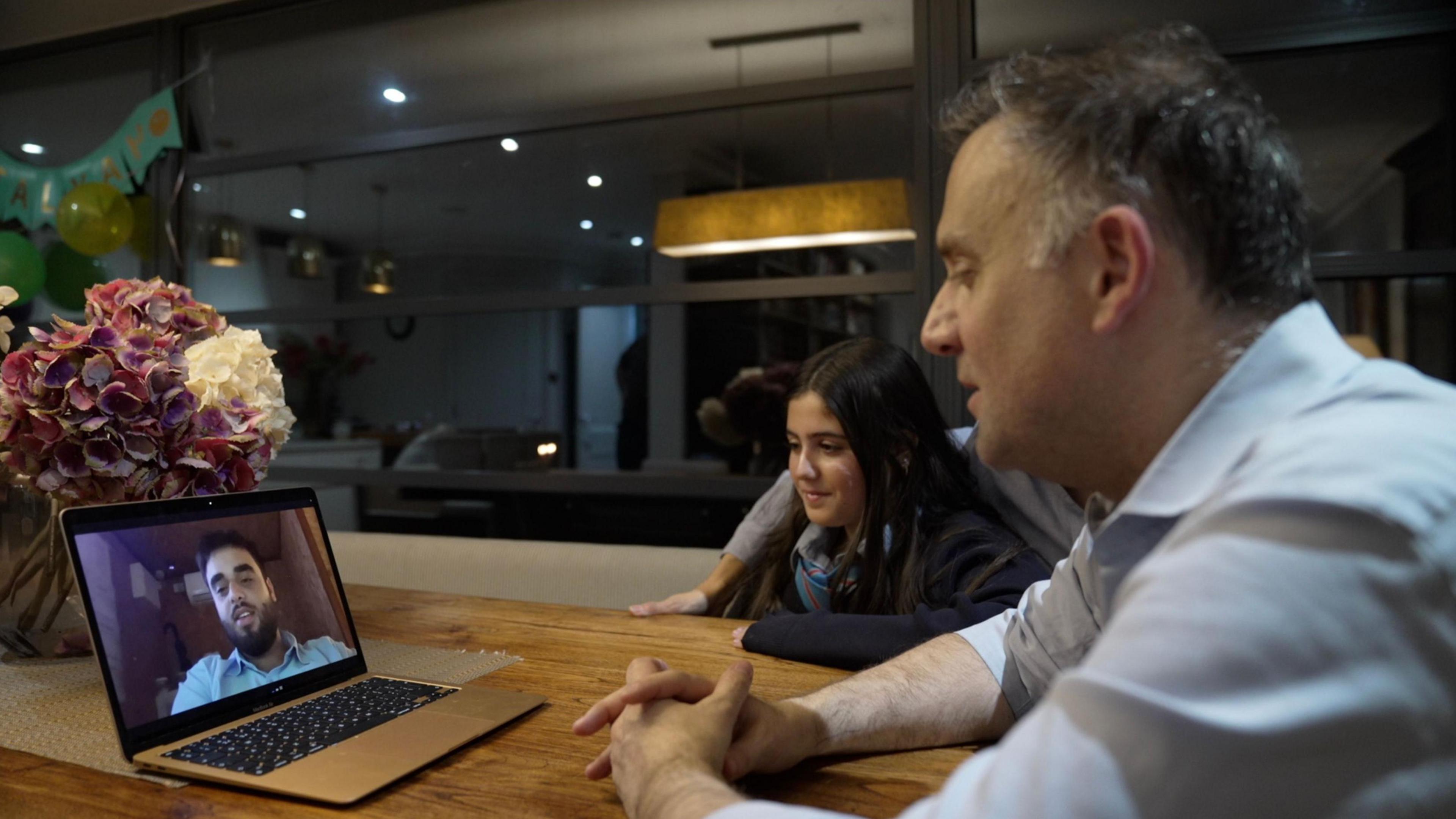
Elliot Sorene and his daughter catch up via video-call with Ariel, who narrowly escaped the Supernova massacre on 7 October
As is the case with many in the capital - which has the UK's largest Jewish community - the Sorenes have numerous connections with those affected directly by the latest wave of violence.
Dr Sorene, who spent years living and working in Israel including as a hospital surgeon, says he has lost friends who were killed by Hamas.
“These last two months have been the worst two months of our lives; we’ve been racked with worry about what’s going on in Israel and we’ve also seen a horrendous uptick in London of antisemitic incidents, where Jews don’t currently feel safe.”
'I'm scared to let my daughters talk Hebrew'
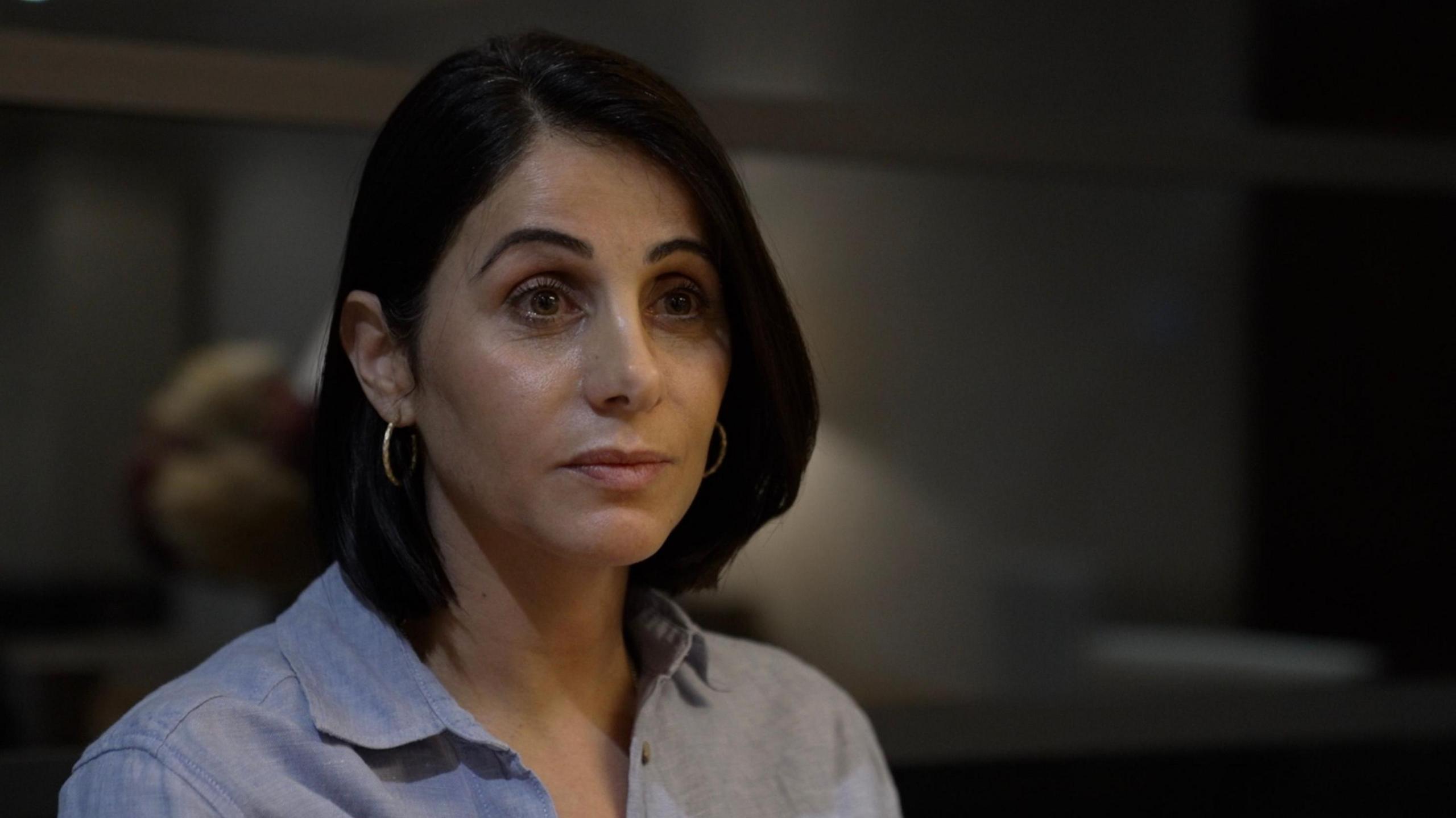
Merav Sorene says she's worried about her daughters speaking Hebrew in public amid a spike in antisemitism
The Sorenes have three daughters who go to a London Jewish school. Since 7 October, they have become increasingly worried about a spike in antisemitism in London including cases of harassment, violence and schools being targeted, along with instances of antisemitism associated with the weekly pro-Palestinian marches in the capital.
“We don't know what’s going to be. It all feels very unsafe. I'm worried about my daughters who speak Hebrew at home, so I ask them not to speak Hebrew outside," says Merav Sorene, who is an aesthetic nurse.
“I wear my Magen David (Star of David) under my shirt, and I'm very conscious about that. And it's suddenly things have been very abnormal living in London.”
The Metropolitan Police said it had scaled up its visible presence since the Gaza war began, amid a significant increase in Islamophobia and antisemitism.
In the period between the Hamas attack and 27 October, the Community Security Trust, a British charity, said it had recorded 805 antisemitic acts, the highest number in a three-week period since it began documenting episodes of this kind in 1984.
'We feel hatred and violence towards us'
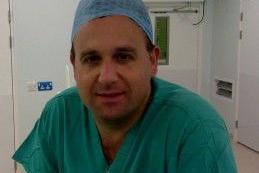
Dr Sorene, who works at various London hospitals, says he has experienced antisemitic abuse
Dr Sorene says he has personally experienced abuse since 7 October.
“I’ve been called a Christ killer, a baby killer. I've been told people [are] proudly supporting Hamas, supporting their terror attack, supporting what happened on the 7th of October.
“I was born in this country, have lived here all my life; my father fought in the Second World War for the British army. We have always contributed to British society. Now we feel hatred and violence towards us.”
Related internet links
- Published10 October 2023
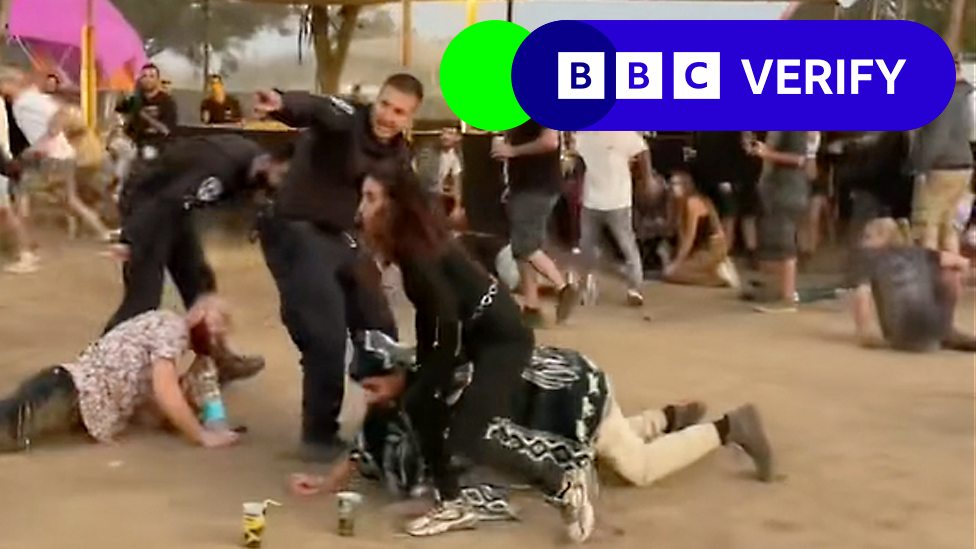
- Published9 October 2023

- Published9 October 2023
